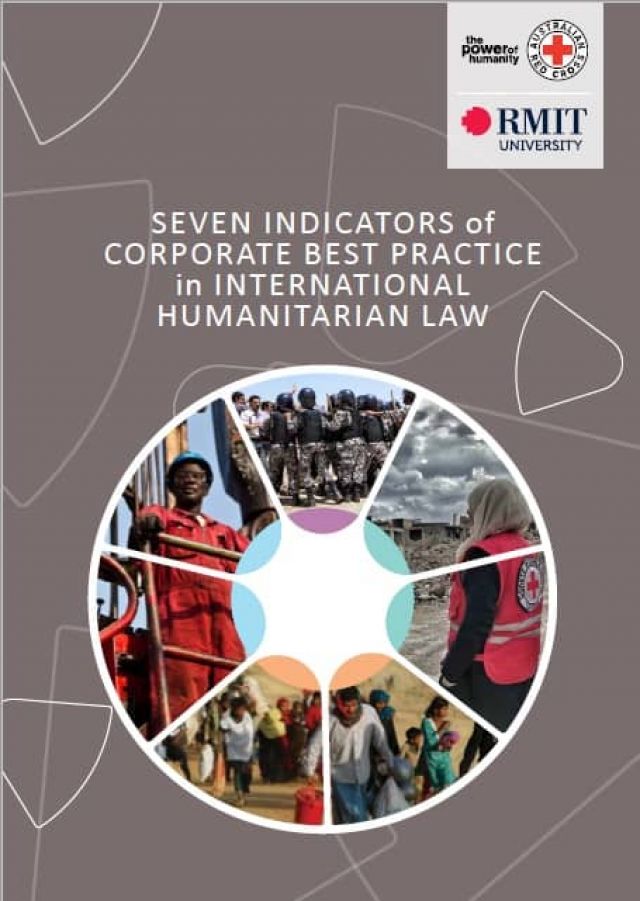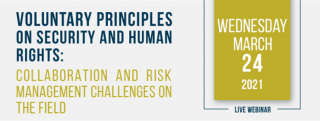New Guidance for businesses to effectively integrate International Humanitarian Law into their existing internal policies and frameworks.

Companies working in complex environments face challenges in identifying and mitigating risks associated with international humanitarian law (IHL) and armed conflict. The best time to deepen understanding of IHL and embed it into relevant policies and processes is before conflict or violence breaks out. A new guidance is available to help navigate this: “Seven Indicators of Corporate Best Practice in International Humanitarian Law” published by Australian Red Cross (ARC) and RMIT University (Royal Melbourne Institute of Technology and Melbourne Technical College).
This concise guidance helps businesses incorporate IHL into their existing policies and frameworks such as due diligence processes. The indicators apply to any type of businesses around the world, but in particular, those companies with operations and supply chains that run through conflict-affected areas.
Integrating these best practice indicators into a company’s way of doing business will not only enhance the ability to assess and manage risks but will also improve company personnel’s knowledge. This helps safeguard the lives and dignity of communities where company operations and business activities take place.
The full publication can be found here.
ARC also developed free online training modules for businesses to learn about IHL. They are available on the ARC online IHL training portal.




